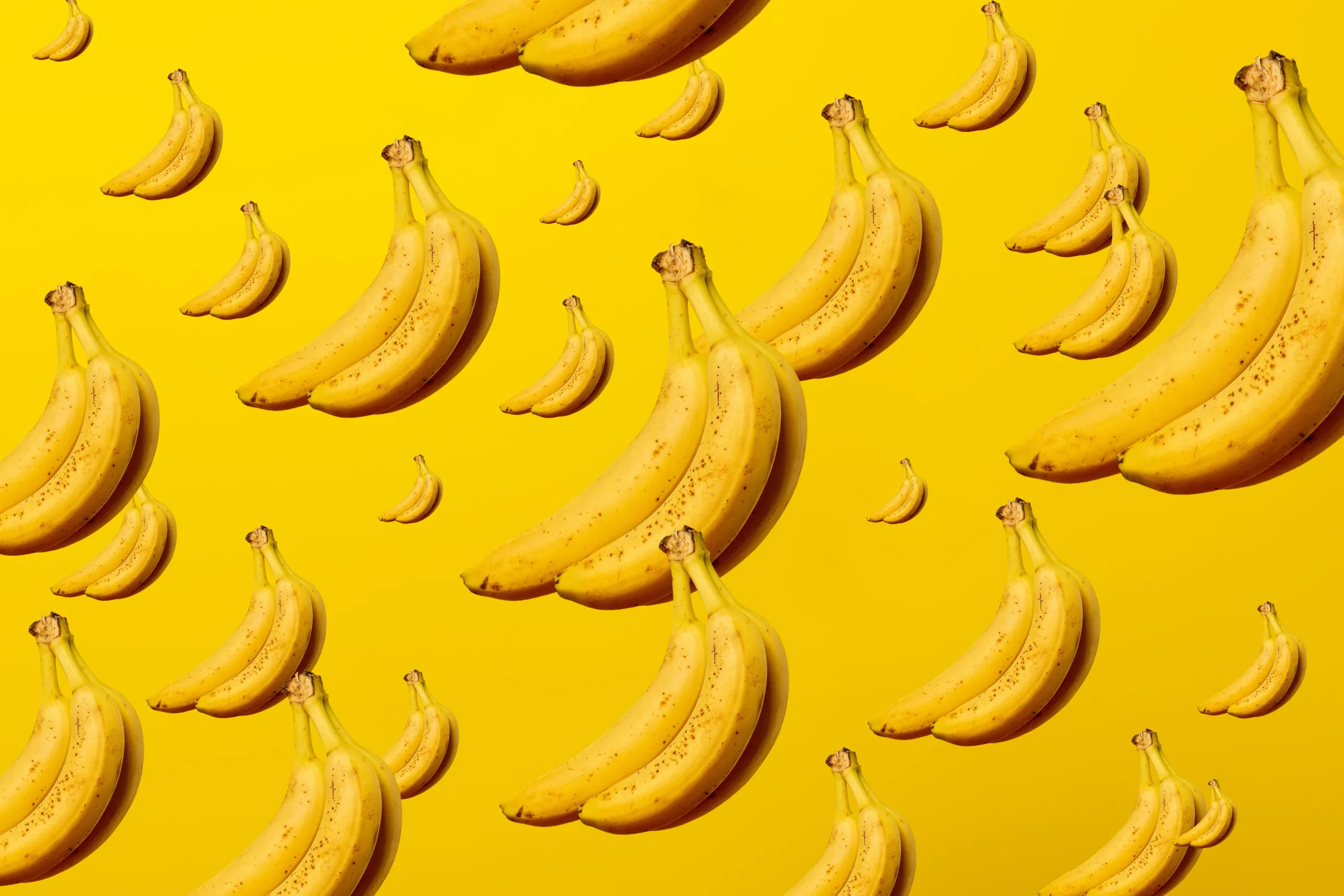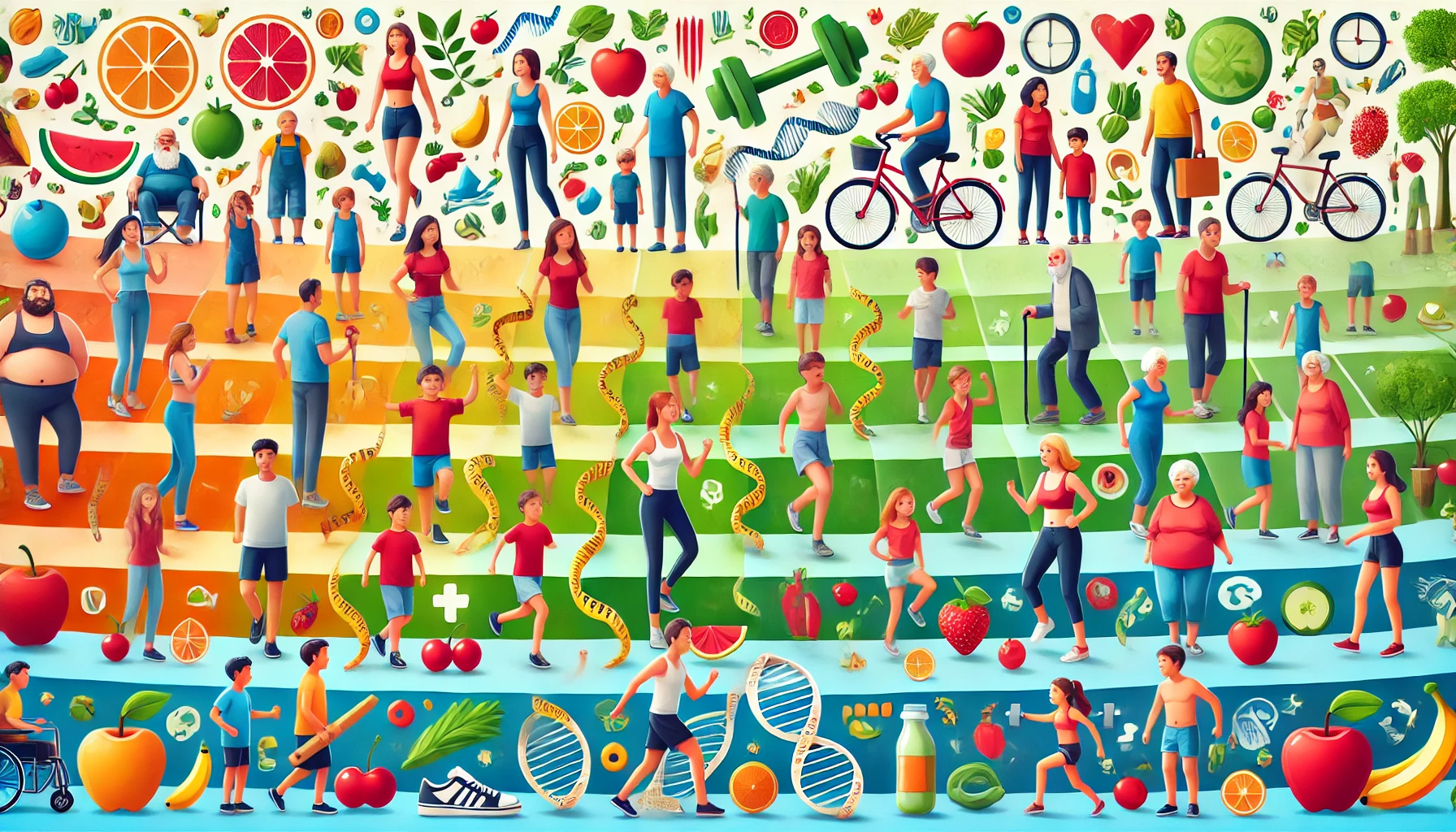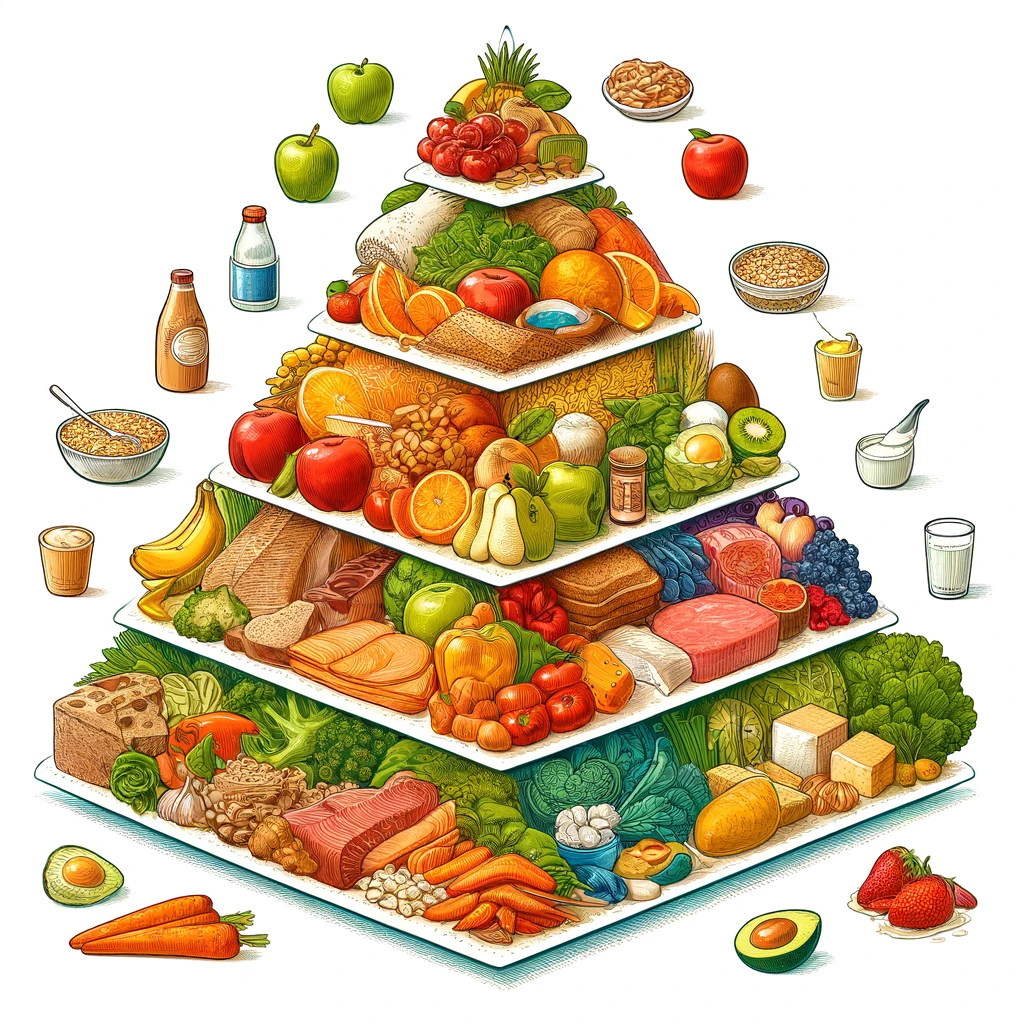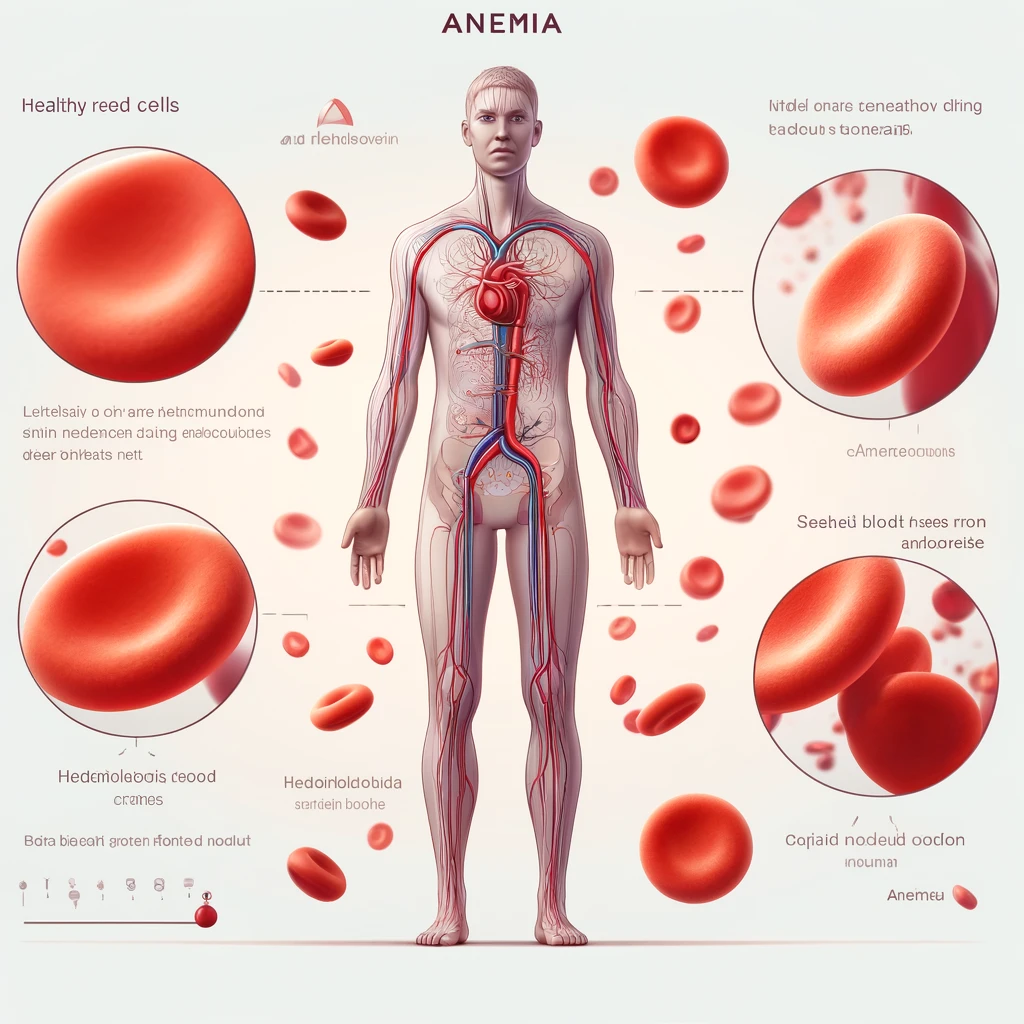Diverticulitis is a digestive condition that affects millions of people around the world. Characterized by the inflammation or infection of one or more diverticula in the digestive tract, this condition can cause significant discomfort and requires careful attention to diet for management and recovery. A common question among those suffering from this condition is about the safety and benefits of consuming certain foods, including bananas. This article explores whether individuals with diverticulitis can include bananas in their diet, based on scientific evidence and expert opinion.
What is Diverticulitis?
Diverticulitis occurs when small pouches, known as diverticula, that form along the walls of the digestive tract become inflamed or infected. Although they can form anywhere in the digestive tract, they are most common in the colon. The condition ranges from mild to severe, with symptoms including abdominal pain, fever, nausea and a change in bowel habits.
The exact causes of diverticulitis remain partially unknown, but a low-fiber diet is thought to play a critical role in the formation of diverticula. Other risk factors include aging, obesity, smoking, and a sedentary lifestyle.
Importance of Diet in Diverticulitis
Management of diverticulitis often involves a change in diet, especially during acute flare-ups of the condition. During these phases, a liquid or low-residue diet may be recommended to limit the amount of waste passing through the colon, giving it time to heal. As symptoms improve, fiber is gradually reintroduced into the diet to promote digestive health and prevent future flare-ups.
The importance of a balanced diet rich in fiber cannot be underestimated in preventing future episodes of diverticulitis. Foods rich in fiber help maintain regular intestinal transit, reducing pressure within the colon and preventing the formation of new diverticula.

Bananas and Digestive Health
Bananas are known for their digestive health benefits thanks to their high fiber content, especially soluble fiber. Soluble fiber helps regulate the speed of digestion, allowing for slower absorption of sugars and a prolonged feeling of satiety. Additionally, bananas are a rich source of inulin, a type of soluble fiber that acts as a prebiotic, stimulating the growth of beneficial bacteria in the intestine.
Can People with Diverticulitis Eat Bananas?
In general, bananas can be a safe and beneficial addition to the diet of people with diverticulitis, especially during the recovery phase from an outbreak when foods high in soluble fiber are recommended to help soften stools and promote regular bowel movements. However, it is essential to introduce bananas and other fiber-rich foods gradually to monitor the body's response and avoid any discomfort.
Ripe bananas are particularly recommended as they are easier to digest compared to green bananas, which contain more resistant starch. Resistant starch can be harder for some people to digest and potentially cause gas and bloating.

Benefits of Banana for Those with Diverticulitis
For individuals with diverticulitis, bananas offer several benefits:
- Facilitation of Intestinal Transit: The soluble fiber in bananas can help regulate intestinal transit, reducing the risk of constipation, a factor that can contribute to the formation of diverticula and diverticulitis outbreaks.
- Prebiotics for Gut Health: Bananas provide inulin, a prebiotic that supports gut microbiota health, potentially reducing inflammation and improving digestion.
- Low Calorie Food: As part of a balanced diet, bananas are a low-calorie snack that can help with weight maintenance, an important factor in preventing diverticulitis.
Despite these benefits, it is crucial that individuals with diverticulitis consult a healthcare professional before making significant changes to their diet. A nutritionist or gastroenterologist can offer personalized guidance based on each person's specific needs and condition.
Other Recommended Foods to Avoid in Diverticulitis
In addition to bananas, there are other foods that can support digestive health and help manage diverticulitis, as well as foods that should be avoided. Fiber-rich foods, such as cooked vegetables, low-fructose fruits, and whole grains, are generally recommended to help prevent flare-ups. On the other hand, processed foods high in saturated fats and added sugars should be limited as they can contribute to inflammation and other digestive symptoms.
It is important to remember that food tolerance varies between individuals. Therefore, careful experimentation and observation of the body's response to different foods is key to identifying what best supports digestive health and overall well-being.
Watch a video and understand everything with Dr. Marcelo Werneck
Conclusion
Including bananas in the diet of people with diverticulitis can offer significant benefits due to their high content of soluble fiber, inulin and their ability to support intestinal health. However, it is essential to approach any dietary change with caution and under the guidance of healthcare professionals. By making conscious food choices and monitoring the body's response, individuals with diverticulitis can effectively manage their symptoms and promote long-term digestive health.
Frequently Asked Questions (FAQs)
- Can green bananas or ripe bananas make a difference for people with diverticulitis?Yes, ripe bananas are preferable because they are easier to digest. They contain less resistant starch than green bananas, which may be beneficial for people with diverticulitis by reducing the risk of gas and bloating.
- How much banana is recommended for people with diverticulitis?The ideal amount may vary from person to person. It is advisable to start with a small portion, such as half a banana, and adjust according to individual tolerance. Consulting a nutritionist can help determine the appropriate amount.
- Are there other fruits that are safe or recommended for those with diverticulitis?Yes, fruits that are low in fructose and rich in fiber, such as peeled apples and pears, can be good options. However, introducing any new fruit should be done gradually to monitor the body's response.
- How do you know if a food is exacerbating diverticulitis?Monitoring symptoms such as abdominal pain, bloating, and changes in bowel habits after eating the food may indicate that it is not well tolerated. Keeping a food diary can be helpful in identifying specific triggers.
- Can dietary changes cure diverticulitis?While dietary changes cannot cure diverticulitis, they can play a crucial role in managing symptoms and preventing future flare-ups. A high-fiber diet, adequate hydration, and elimination of irritating foods are recommended strategies to support digestive health.








